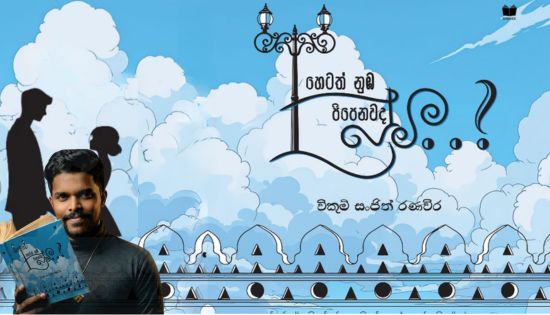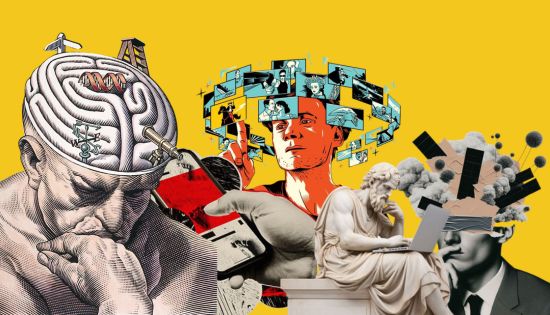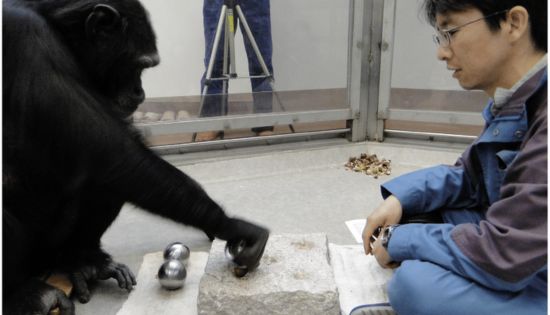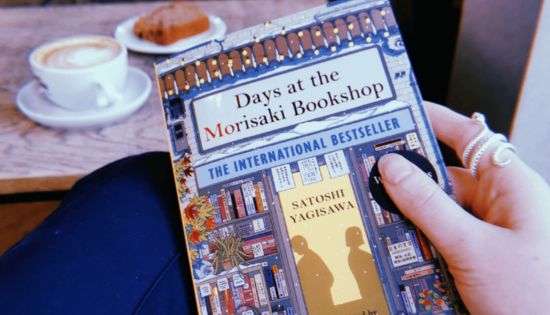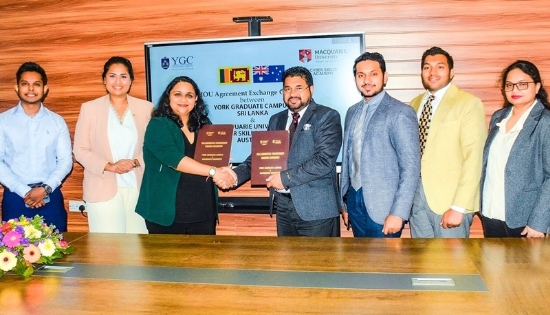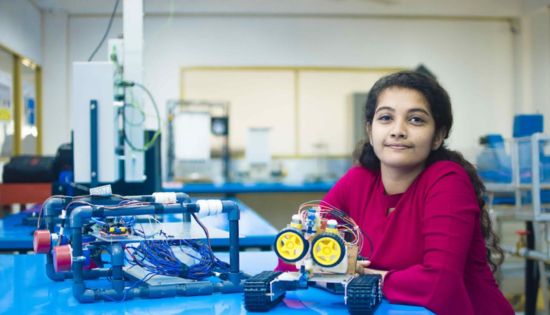Celebrating Marie Curie: A Trailblazer in Science and Humanity
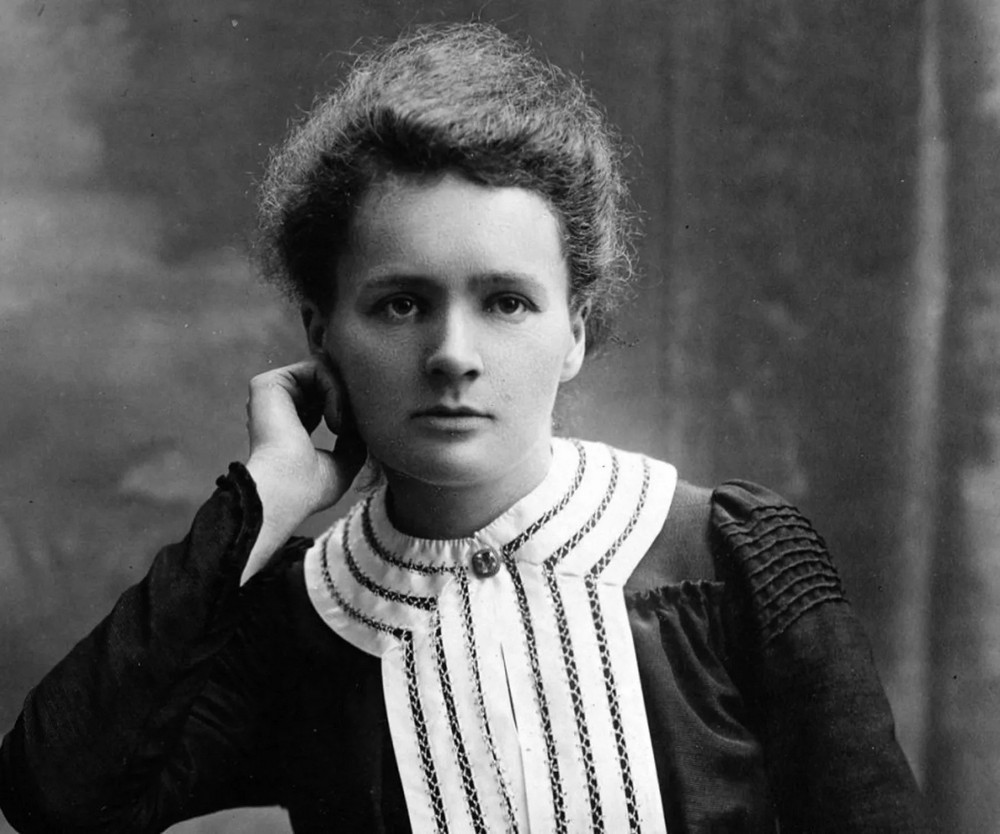
Today, on November 7th, we celebrate the birth anniversary of an extraordinary woman whose life and work forever changed science, medicine, and the world as we know it, Marie Curie. Born Maria Skłodowska on November 7, 1867, in Warsaw, then part of Congress Poland, Marie Curie was a pioneer, a thinker, and a relentless researcher whose groundbreaking contributions still inspire scientists and dreamers worldwide.
An Unmatched Legacy: The First Nobel Laureate and More
Marie Curie’s life reads like the story of a determined visionary whose quest for knowledge shattered multiple barriers. She was the first woman ever to win a Nobel Prize, awarded in Physics in 1903, alongside her husband, Pierre Curie, and physicist Henri Becquerel for their collective research on radioactivity. But she didn’t stop there. In 1911, Curie went on to claim a second Nobel Prize in Chemistry for her discovery of the elements polonium and radium. She remains the only person to win Nobel Prizes in two different scientific fields, a testament to her unmatched intellect and passion for science.
Curie’s curiosity led to innovations that not only advanced scientific understanding but also transformed medical practices. During World War I, she developed a portable X-ray machine, known as “Little Curies,” which allowed soldiers to receive life-saving diagnostic care directly on the battlefield. This innovation highlighted Curie’s compassion and commitment to applying science for humanity’s benefit.
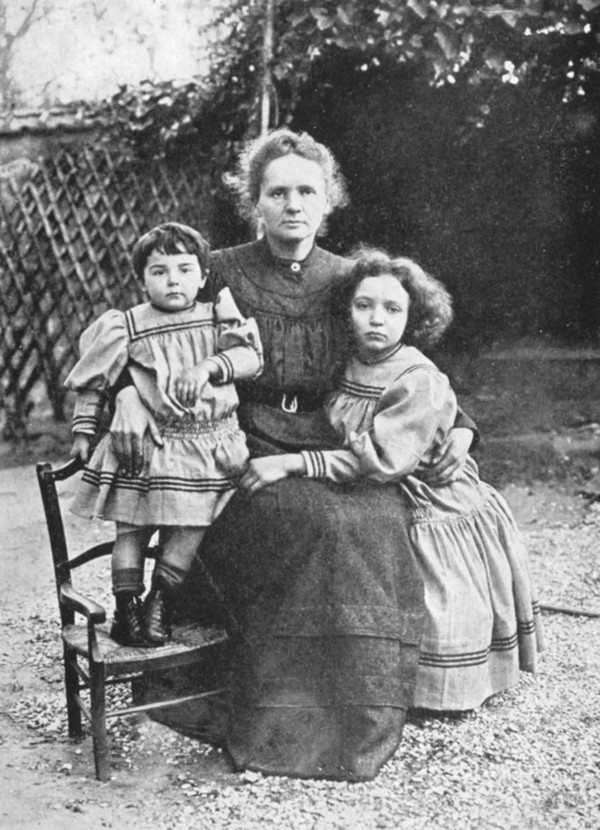
Her Life and Career: A Path of Determination and Resilience
Marie Curie’s journey was anything but easy. At a time when few women entered scientific fields, she overcame financial and social hurdles to study at the Sorbonne in Paris, where she joined her sister Bronisława. In 1895, she married Pierre Curie, a fellow physicist whose support and partnership encouraged her remarkable research. Together, they studied radioactive elements, opening new pathways in science that fundamentally altered our understanding of atomic physics.
After Pierre’s tragic death in 1906, Marie took his position, becoming the first female professor at the University of Paris. She continued her work with fierce determination, leading the Radium Institute (now Curie Institute) and mentoring future generations of scientists.
In 1920, she founded the Curie Institute in Paris, and in 1932, a second Curie Institute in Warsaw. Both institutes remain vital centers for research today, carrying on her legacy in the fight against cancer and various other diseases. Her impact has been so profound that Poland declared 2011 the Year of Marie Curie, coinciding with the International Year of Chemistry, as a tribute to her contributions.

Honoring a Life of Sacrifice: A Powerful Legacy
Curie’s relentless work came at a personal cost. She spent countless hours in her lab without realizing the dangers of prolonged radiation exposure. Eventually, this led to her tragic death from aplastic anemia on July 4, 1934, in Passy, France. Her sacrifice and dedication to science were so revered that her remains were interred in the Panthéon in Paris, making her the first woman to receive such an honor solely based on her own achievements.
Marie Curie’s citizenship first Polish, later becoming a naturalized French citizen reflects her dual heritage, beloved by both Poland and France. She once said, “I am among those who think that science has great beauty.” This belief not only guided her career but also resonates in her enduring legacy.
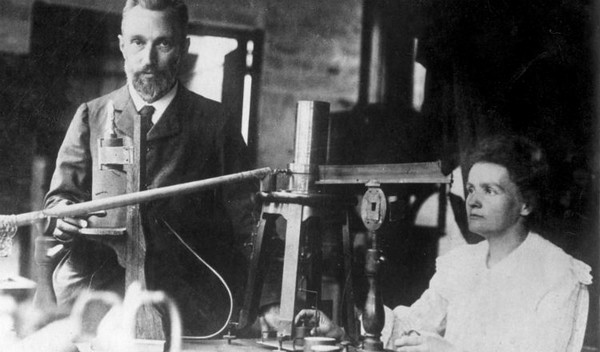
Inspiring Generations: The Impact of Marie Curie’s Work
Curie’s preserved office and laboratory at the Radium Institute serve as a museum, a fitting tribute to her lifelong commitment to research and discovery. Her name lives on through awards, institutions, and in the hearts of people who admire her contributions. Curie’s legacy continues to inspire young scientists, especially women, to follow their passions, challenge conventions, and contribute to humanity through knowledge and perseverance.
On her birthday, we remember Marie Curie not only as a scientific genius but also as a symbol of resilience and sacrifice. Her life reminds us that dedication and curiosity can indeed change the world a lesson that resonates as powerfully today as it did over a century ago.
– Team Eduwire
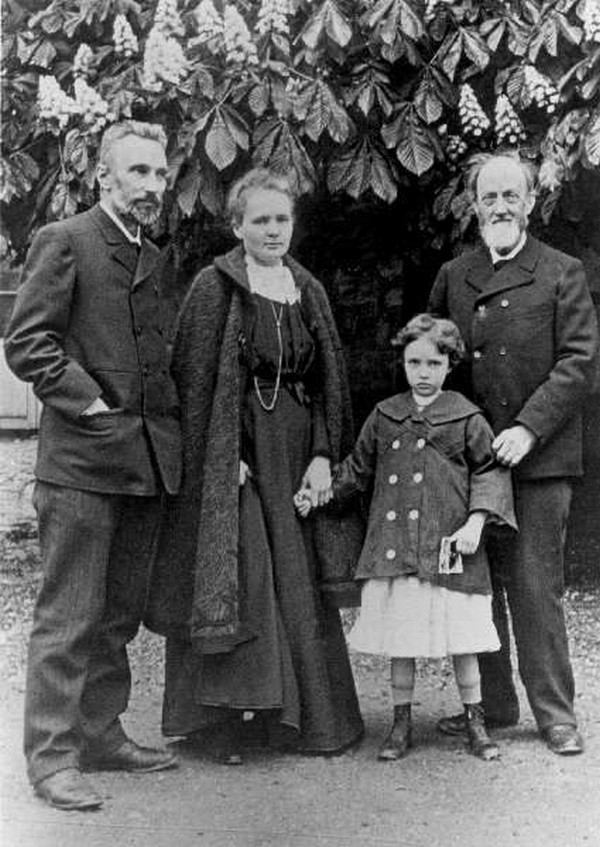

Related News
Validity period of school shoes voucher extended
The Ministry of Education has taken steps to extend the validity period of footwear gift vouchers for school students. Accordingly, although the…
Read MoreRead • Watch • Learn
Stories often teach us more than textbooks ever could. This EduWire series explores books, films, and series as spaces of learning –…
Read MoreYork Graduate Campus partners with Macquarie University to launch cybersecurity micro-credentials
York Graduate Campus officially launched its partnership with Macquarie University, Australia, on 8th February 2026, to deliver internationally recognised Cybersecurity Micro-Credentials at…
Read MoreYour Brain on Scroll: Why Your Attention Span Isn’t What It Used to Be
You open your laptop to study. Five minutes later, you’re checking WhatsApp. Then Instagram. Then a “quick” YouTube video. Suddenly, an hour…
Read MoreCINEC CAMPUS Earns IESL Conditional Recognition for Automotive & MechanicalEngineering Degrees.
CINEC Campus Sri Lanka, one of the pioneering non-statehigher education institutions in the country, announced its conditional recognition by the Institution ofEngineers,…
Read MoreCourses
-

The future of higher education tech: why industry needs purpose-built solutions
For years, Institutions and education agencies have been forced to rely on a patchwork of horizontal SaaS solutions – general tools that… -

MBA in Project Management & Artificial Intelligence – Oxford College of Business
In an era defined by rapid technological change, organizations increasingly demand leaders who not only understand traditional project management, but can also… -

Scholarships for 2025 Postgraduate Diploma in Education for SLEAS and SLTES Officers
The Ministry of Education, Higher Education and Vocational Education has announced the granting of full scholarships for the one-year weekend Postgraduate Diploma… -

Shape Your Future with a BSc in Business Management (HRM) at Horizon Campus
Human Resource Management is more than a career. It’s about growing people, building organizational culture, and leading with purpose. Every impactful journey… -

ESOFT UNI Signs MoU with Box Gill Institute, Australia
ESOFt UNI recently hosted a formal Memorandum of Understanding (MoU) signing ceremony with Box Hill Institute, Australia, signaling a significant step in… -

Ace Your University Interview in Sri Lanka: A Guide with Examples
Getting into a Sri Lankan sate or non-state university is not just about the scores. For some universities' programmes, your personality, communication… -

MCW Global Young Leaders Fellowship 2026
MCW Global (Miracle Corners of the World) runs a Young Leaders Fellowship, a year-long leadership program for young people (18–26) around the… -

Enhance Your Arabic Skills with the Intermediate Language Course at BCIS
BCIS invites learners to join its Intermediate Arabic Language Course this November and further develop both linguistic skills and cultural understanding. Designed… -

Achieve Your American Dream : NCHS Spring Intake Webinar
NCHS is paving the way for Sri Lankan students to achieve their American Dream. As Sri Lanka’s leading pathway provider to the… -

National Diploma in Teaching course : Notice
A Gazette notice has been released recently, concerning the enrollment of aspiring teachers into National Colleges of Education for the three-year pre-service… -

IMC Education Features Largest Student Recruitment for QIU’s October 2025 Intake
Quest International University (QIU), Malaysia recently hosted a pre-departure briefing and high tea at the Shangri-La Hotel in Colombo for its incoming… -

Global University Employability Ranking according to Times Higher Education
Attending college or university offers more than just career preparation, though selecting the right school and program can significantly enhance your job… -

Diploma in Occupational Safety & Health (DOSH) – CIPM
The Chartered Institute of Personnel Management (CIPM) is proud to announce the launch of its Diploma in Occupational Safety & Health (DOSH),… -

Small Grant Scheme for Australia Awards Alumni Sri Lanka
Australia Awards alumni are warmly invited to apply for a grant up to AUD 5,000 to support an innovative project that aim… -

PIM Launches Special Programme for Newly Promoted SriLankan Airlines Managers
The Postgraduate Institute of Management (PIM) has launched a dedicated Newly Promoted Manager Programme designed to strengthen the leadership and management capabilities…
Newswire
-

Navy apprehends 02 suspects with over 50kg of hashish in Mannar seas
ON: February 14, 2026 -

“Sharp memory, huh?” – Suryakumar laughs off Newswire’s Premadasa defeat reminder
ON: February 14, 2026 -

Two separate shootings in Colombo and Kalutara
ON: February 14, 2026 -

WATCH : Suryakumar Yadav imitates Usman Tariq’s Pause Action
ON: February 14, 2026

